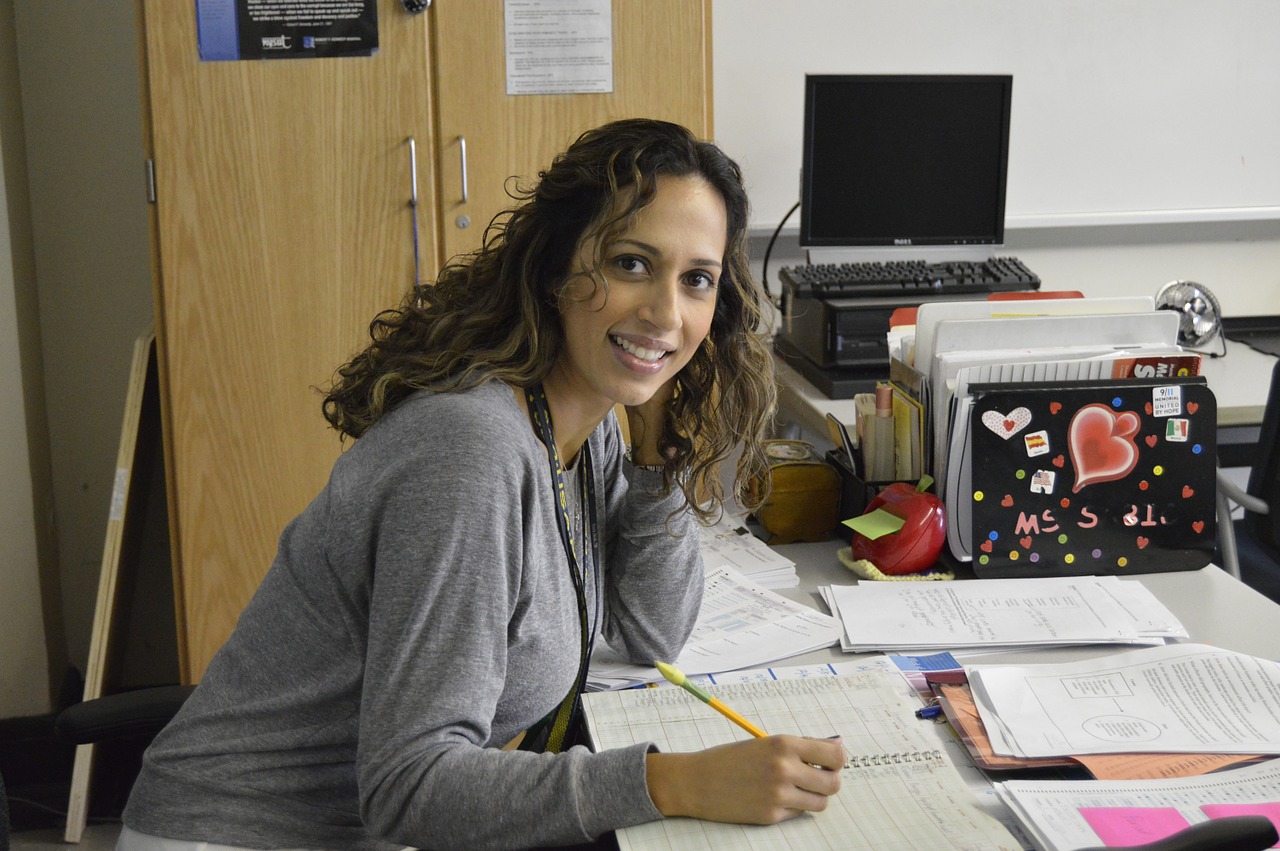With a lot of training and learning moving online, as an instructor, who was used to in-person sessions, you may be wondering how to improve your virtual training sessions. If you feel like your virtual learning is simply not working or could be improved upon, here are a few tips:
• Ensure you are using the right platform. Ideally, you want a platform that will allow for polling, group break-out, screen-sharing, hand raising etc.
• Use the features mentioned above to increase interaction and engagement
• Decrease session length to no longer than 45 minutes and increase session frequency
• Ensure your audio and visual devices are optimal, so everyone can hear and see you well
• Have clear session procedures laid out
• Break info-heavy slides into smaller chunks for easier mental digestion
If you are finding your virtual training sessions need improvement, here are a few best practices tips to help you increase engagement, session optimisation and focus for your students.
 Teaching Training and Coaching Services
Teaching Training and Coaching Services

